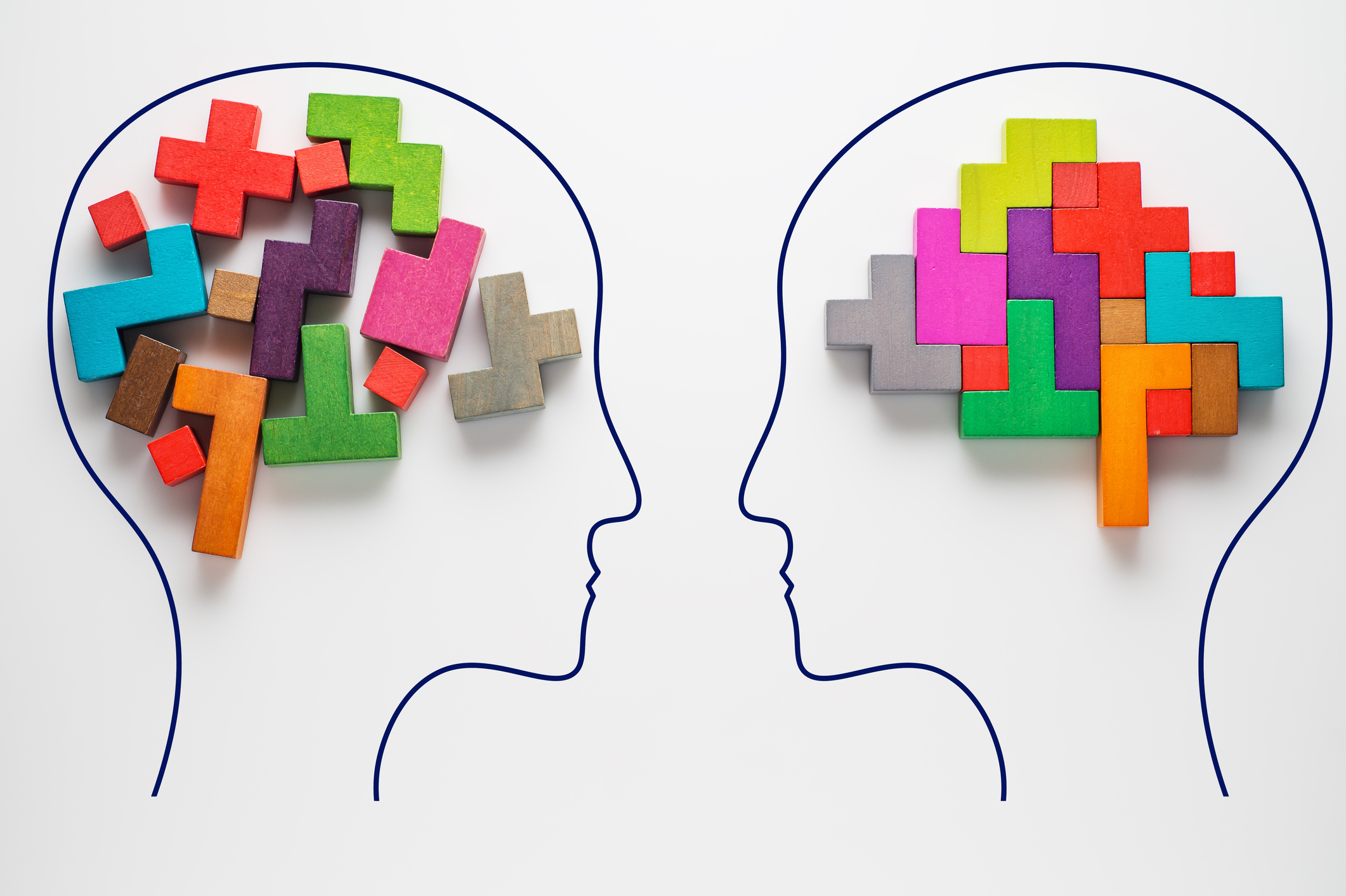Articles

5 exciting business events in Barcelona this May
16 de April de 2024

From the moment we’re born, we learn from experience and everything we observe in our surroundings. The question is, are we the only ones with this capacity for learning?
The answer is no. In recent years, especially in 2023, Artificial Intelligence has made significant strides. Computer systems are becoming more and more like us, or rather, they’re thinking more similarly to humans. This is evident in Deep Learning. Have you ever wondered how Google finds what we’re looking for?? Or how Siri or Alexa recognize our voice and understand what we say?
To get a clearer understanding of Deep Learning, it’s important to delve into its origins and domain. This is where Machine Learning comes in. Machine Learning is a subset of artificial intelligence that uses data and algorithms to learn and improve autonomously, akin to the capabilities of the human brain.
Deep Learning is a computer system for machine learning that closely resembles the human brain. It’s built with codes and algorithms that mimic the learning and processes of our neurons. Deep Learning is a subset of Machine Learning that operates more similarly to the human brain, as it can process larger amounts of data, although not without its deficiencies and limitations.
We’re far more acquainted with Deep Learning than we realize. Many tools we use daily are built on this system and are integral to our routines. Services like Google Translate, Siri, Alexa, or ChatGPT-3 or 4 rely on deep learning. Yet, what’s truly fascinating is how we can leverage its benefits.
Just a few years ago, certain tasks would consume hours of human effort. Things like data analysis, information sorting, and customer service were notorious for their time-consuming nature. However, thanks to Deep Learning, these tasks have been streamlined. Today, tech and telecom giants like Comcast or Klarna use deep learning-driven chatbots to offer seamless, round-the-clock customer support.
Decisions can sometimes drag on longer than we’d like. Deep Learning steps in to streamline this process, enhancing decision-making by thoroughly analyzing vast amounts of data. Take Betterment, for example. It’s an app that harnesses deep learning algorithms to assess the market and tweak users’ investment portfolios automatically. Here’s how it works: you lay out your financial goals —be it saving for retirement or setting up an emergency fund— and specify your risk tolerance for investments. Armed with this info, Betterment crafts a personalized investment portfolio for you, no manual tweaking required.
Deep Learning has the potential to improve energy efficiency by learning our daily habits and preferences. It can automate tasks like adjusting the thermostat, controlling lighting, and managing appliance usage.
For instance, many smartphones are equipped with a feature that learns our usage patterns. This function uses data about our sleep cycles, particularly our wake-up times, to charge efficiently before we wake up, saving energy throughout the night.
Certain home security cameras, such as those from the Google Nest Cam series, also employ deep learning algorithms for facial recognition. This enables the system to identify and distinguish family members from visitors or intruders, notifying the user only when necessary.
Apps like Apple Health customize exercise plans, while others analyze sleep patterns to help us sleep better. Furthermore, smartwatches also learn from our vital signs, such as heart rate or maximum oxygen levels, alerting us when something falls outside our usual parameters.
Customizing the shopping experience through deep learning has transformed how companies engage with customers. With these algorithms, businesses can provide more precise and relevant recommendations and services.
Undoubtedly, one of the most well-known examples of deep learning in this field is Amazon, the e-commerce giant. Amazon analyzes every user’s purchases, browsing history, product reviews, and interactions to offer personalized recommendations, allowing them to display products users are more likely to buy.
The future of Deep Learning is set to revolutionize society in ways we can hardly imagine. In the coming years, we’ll witness more efficient models that require less data and offer greater interpretability, especially in areas like law and medicine. Undoubtedly, automation will persist in reshaping industries, enriching daily life, and addressing challenges that rely on human expertise.
Ultimately, Deep Learning paints a vision of the future in which technology increasingly resembles the complexities of the human brain. This blending of realms recalls futuristic scenarios in science fiction films, where robots convincingly pass for humans. Yet, for now, they can only imitate our brain’s workings.
